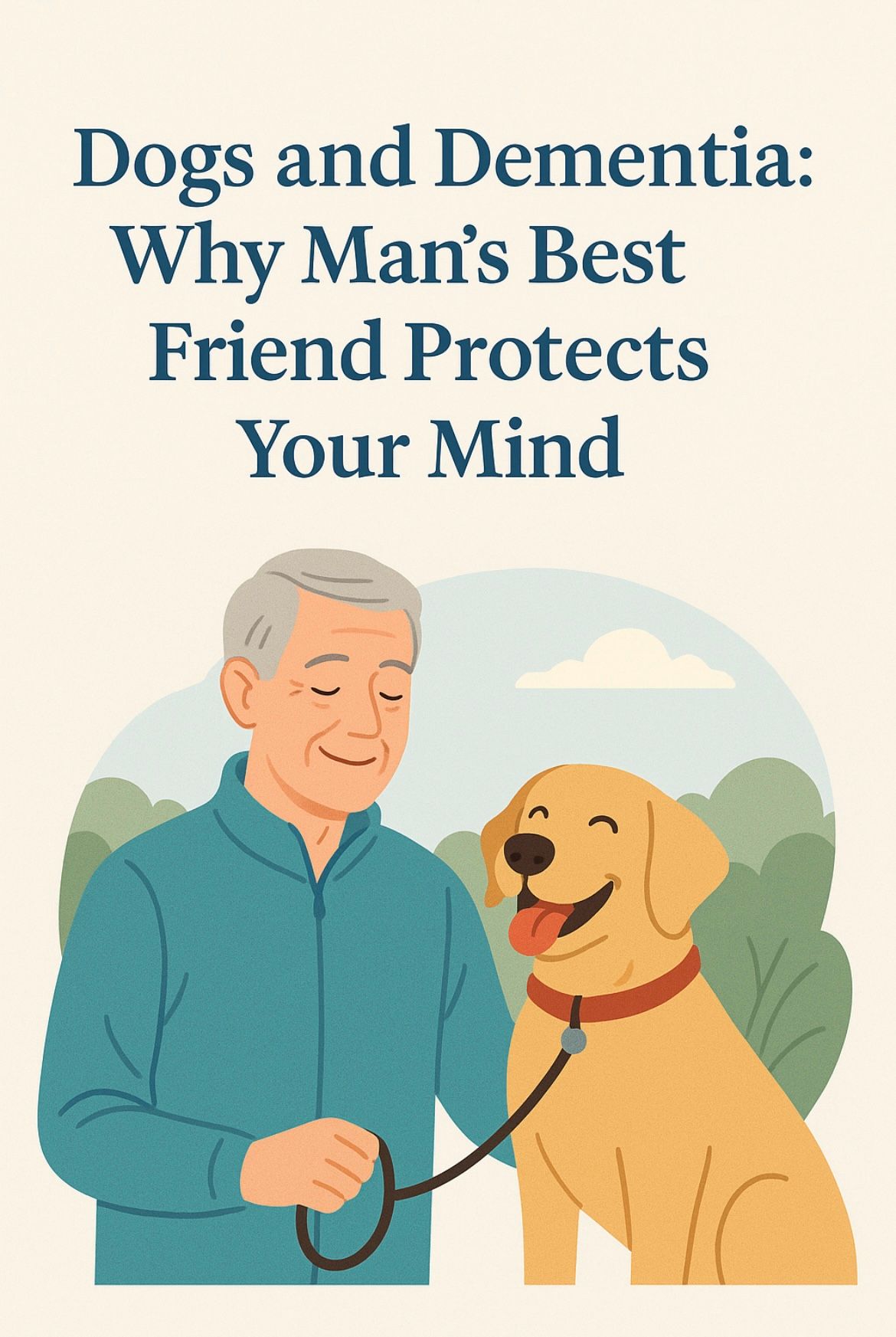Dogs and Dementia: Why Owning a Dog May Cut Risk by 40%
Owning a dog can lower dementia risk by 40% through daily activity, stress relief, and companionship, while cats show no measurable impact.
Dogs and Dementia: The Surprising Health Connection
Owning a dog isn’t just about companionship — it may also protect your brain. Research suggests that people with dogs are up to 40% less likely to develop dementia compared to those without. This isn’t magic, but the result of lifestyle and emotional benefits that come naturally with caring for a dog.
Daily walks keep owners physically active, which is one of the strongest factors in preventing cognitive decline. Dogs also bring routine — feeding, exercise, and play create structure that supports memory and mental sharpness. On top of this, the emotional bond with a dog reduces stress and loneliness, two risk factors linked to dementia progression.
In contrast, owning a cat — especially outdoor or feral cats — has not shown the same measurable effect. While cats offer comfort, they typically don’t encourage the same level of daily movement or structured routines that dogs provide. The difference highlights how lifestyle patterns directly impact long-term brain health.
The takeaway is simple: if you want to protect your mind as you age, focus on movement, connection, and lowering stress. Owning a dog might just be one of the most natural and rewarding ways to do that. Pair this with proper nutrition, restorative sleep, and root-cause health strategies to keep your brain sharp for years to come.
If you’re ready to explore natural ways to protect your health and prevent disease, schedule your free 15-minute consultation with Executive Functional Healing LLC today.

